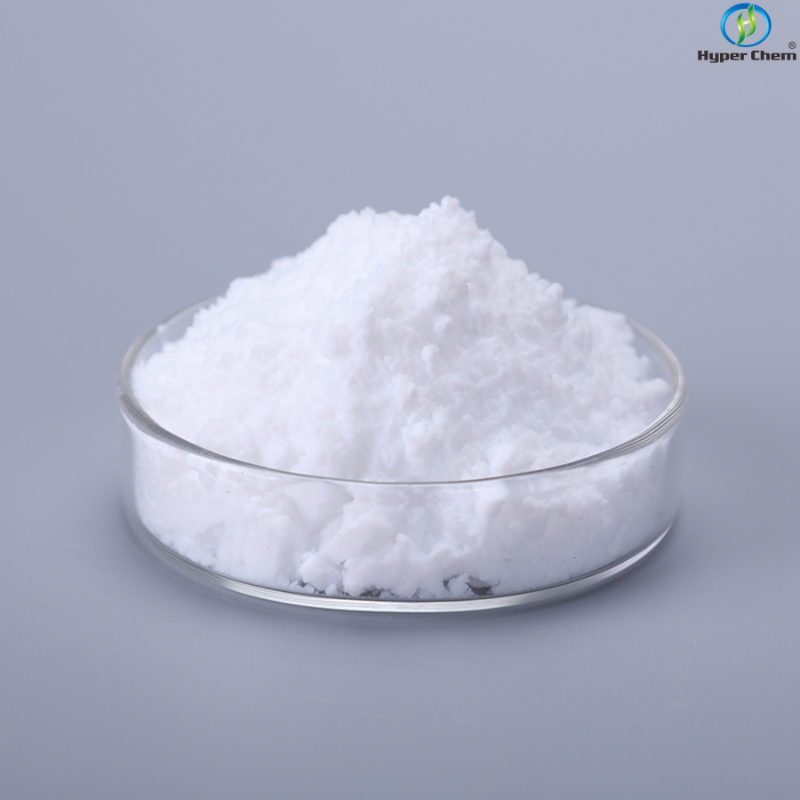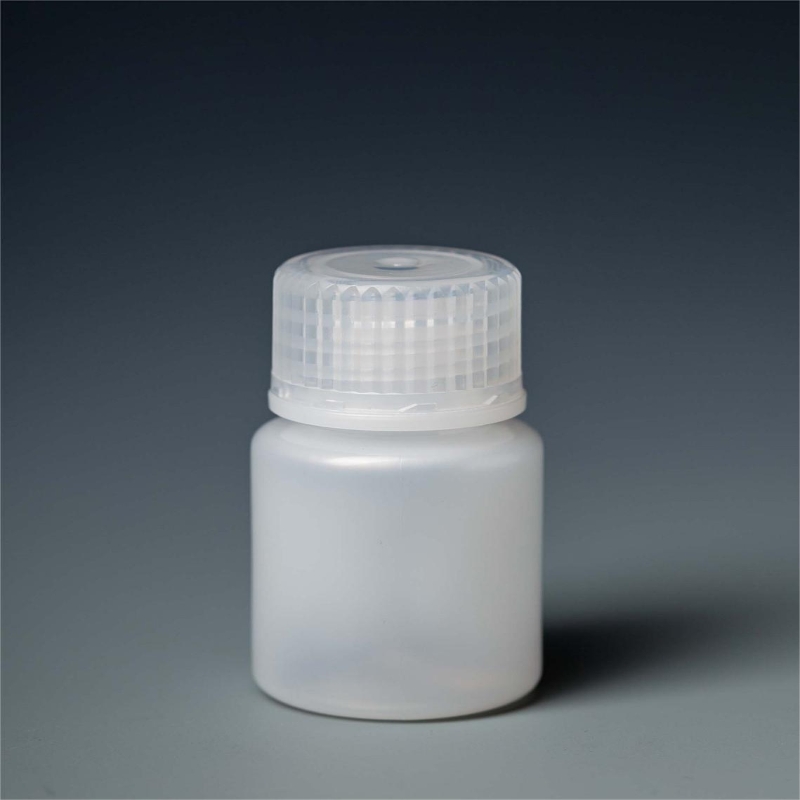-
Categories
-
Pharmaceutical Intermediates
-
Active Pharmaceutical Ingredients
-
Food Additives
- Industrial Coatings
- Agrochemicals
- Dyes and Pigments
- Surfactant
- Flavors and Fragrances
- Chemical Reagents
- Catalyst and Auxiliary
- Natural Products
- Inorganic Chemistry
-
Organic Chemistry
-
Biochemical Engineering
- Analytical Chemistry
-
Cosmetic Ingredient
- Water Treatment Chemical
-
Pharmaceutical Intermediates
Promotion
ECHEMI Mall
Wholesale
Weekly Price
Exhibition
News
-
Trade Service
This article is original by Translational Medicine Network.
Please indicate the source for reprinting.
Author: Ashley Guide: Intestinal flora plays a key role in digestion and prevention of infection
.
Recent studies have proved that type A immunoglobulin, or IgA antibody for short, also plays an important role in fine-tuning the balance between the human body and the intestinal flora in the human immune system
.
This research not only establishes a basic understanding of the immune system in the intestine, but can also contribute to the development of vaccines
.
Bacteria living in the intestine are composed of approximately 500-1000 different species
.
They constitute the intestinal flora and play a key role in digestion and prevention of infection
.
Unlike pathogens that invade from the outside, they are harmless and tolerated by the immune system
.
The way the human immune system maintains this delicate balance in the gut is still largely unknown
.
As we all know, Type A immunoglobulin, or IgA antibody for short, plays an important role
.
These natural defense substances are part of the immune system and can identify foreign pathogens very specifically according to the principle of lock and key
.
A team of researchers led by Dr.
Tim Rollenske and Professor Andrew Macpherson of the Department of Biomedical Research (DBMR) of the University of Berne was recently able to prove in a mouse model that IgA antibodies can specifically limit benignity at the Hospital of Internal Surgery and Medicine of the University of Bern.
Adaptability of bacteria
.
This allows the immune system to fine-tune the microbial balance in the gut
.
"We have successfully demonstrated the immune system is specifically recognize and limit these bacteria
.
"
The study's lead author, Dr.
Tim Rollenske explained
.
Relevant results have been published in "Nature" magazine, entitled "Parallelism of intestinal secretory IgA shapes functional microbial fitness"
.
The first natural IgA antibody was created.
IgA antibody is the most common antibody in the human immune system.
It is secreted by specialized cells in the mucosa and accounts for two-thirds of human immunoglobulins
.
Surprisingly, most of the IgA antibodies produced by the body are directed against benign bacteria in the intestinal flora
.
Without this immune protection, these microorganisms may also have an adverse effect on health and cause intestinal diseases
.
However, the mystery of how IgA antibodies regulate coexistence in the intestine remains unsolved
.
The reason is that until now, it has not been possible to study the natural form of IgA antibodies in animal models
.
However, in their experiments, researchers led by Tim Rollenske and Andrew Macpholog were able to overcome this obstacle
.
They successfully produced a sufficient amount of IgA antibodies to specifically target a typical intestinal bacteria-Escherichia coli
.
Antibodies can recognize and bind to structural units on microbial membranes
.
Antibodies weaken the adaptability of bacteria.
In their experiment, the researchers conducted three years of research.
They successfully tracked the in vitro and in vivo effects in the intestine of sterile mice with high accuracy.
.
It was found that the antibody affects the adaptability of bacteria in several ways
.
For example, the migration rate of bacteria is limited, or they hinder the uptake of sugar building blocks metabolized by bacteria
.
This effect depends on the surface components that are specifically recognized
.
Hedda Wardemann, co-author of the German Cancer Research Center, explained: "This means that the immune system can obviously affect benign intestinal bacteria in different ways at the same time
.
"
So the researchers talked about the parallelism of IgA
.
The question of why the immune system can effectively destroy pathogenic invasion and balance with the benign bacteria in the intestine remains to be clarified
.
"However, our experiments show that IgA antibodies can fine-tune the balance between the human body and the intestinal flora
.
" The co-author of the study, Andrew Macpherson of the University of Berne and University Hospital of Berne, explained
.
The discovery is not only based on the basic understanding of the immune system in the intestine, but also can help the development of vaccines
.
Tim Rollenske added: "Understanding exactly how and antibody identification of microorganisms in the gut where will also enable us to develop a vaccine against the pathogenic organisms in a more targeted basis"
.
Reference materials: https://medicalxpress.
com/news/2021-10-immune-intestinal-flora.
html Note: This article aims to introduce the progress of medical research and cannot be used as a reference for treatment options
.
If you need health guidance, please go to a regular hospital
.
Popular·Article Diagnostic Test [The Lancet] Call for action! Nearly half of the world's people cannot get basic diagnosis for many common diseases.
Can the COVID-19 pandemic help change the diagnosis? Immunotherapy [Nature Sub-Journal] Lung epithelial cells control lung immunity? This will lay the foundation for the treatment of many lung diseases! Tumor Research 【Research】Be alert! Summarizing 30 years of big data: esophageal adenocarcinoma is showing a younger trend.
Medical trends [News] The Nobel Prize in Physiology or Medicine in 2021 was announced, and the pain receptors won! Intestinal health [PNAS] research has discovered the "second brain" that exists in the intestine, and its glial will open up new ways to treat intestinal diseases! Tumor Research [Nature Sub-Journal] The use of single-cell multi-omics to study tumor cells is a new idea, the Harvard Medical School and other top-level teams have created a precedent! Tumor research [Science] protein may become a new breakthrough in cancer treatment! New Coronavirus [Science] The truth about the source of SARS-CoV-2? The coronavirus that is the closest to the new coronavirus so far has been found in Lao bats, with a matching rate of 96.
8%! Coronavirus [The BMJ] In Israel, where the vaccination rate is 78%, why is the epidemic still out of control? Is there a need to worry about the effectiveness of the new crown vaccine? Is it necessary to strengthen the injection? Organoid Research [Nature Sub-Journal] A 3D pancreatic cancer tumor model cultivated by an international team of scientists including Shanghai Jiaotong University can effectively improve the treatment of pancreatic cancer.
Tumor Research [Science Sub-Journal] Salt has the effect of inhibiting tumors ? Scientists explain unexpected discoveries for you through mouse experiments! Recommendation·Activity The 5th Symposium on Modern Clinical Molecular Diagnosis at the 3rd Shanghai International Cancer Conference







